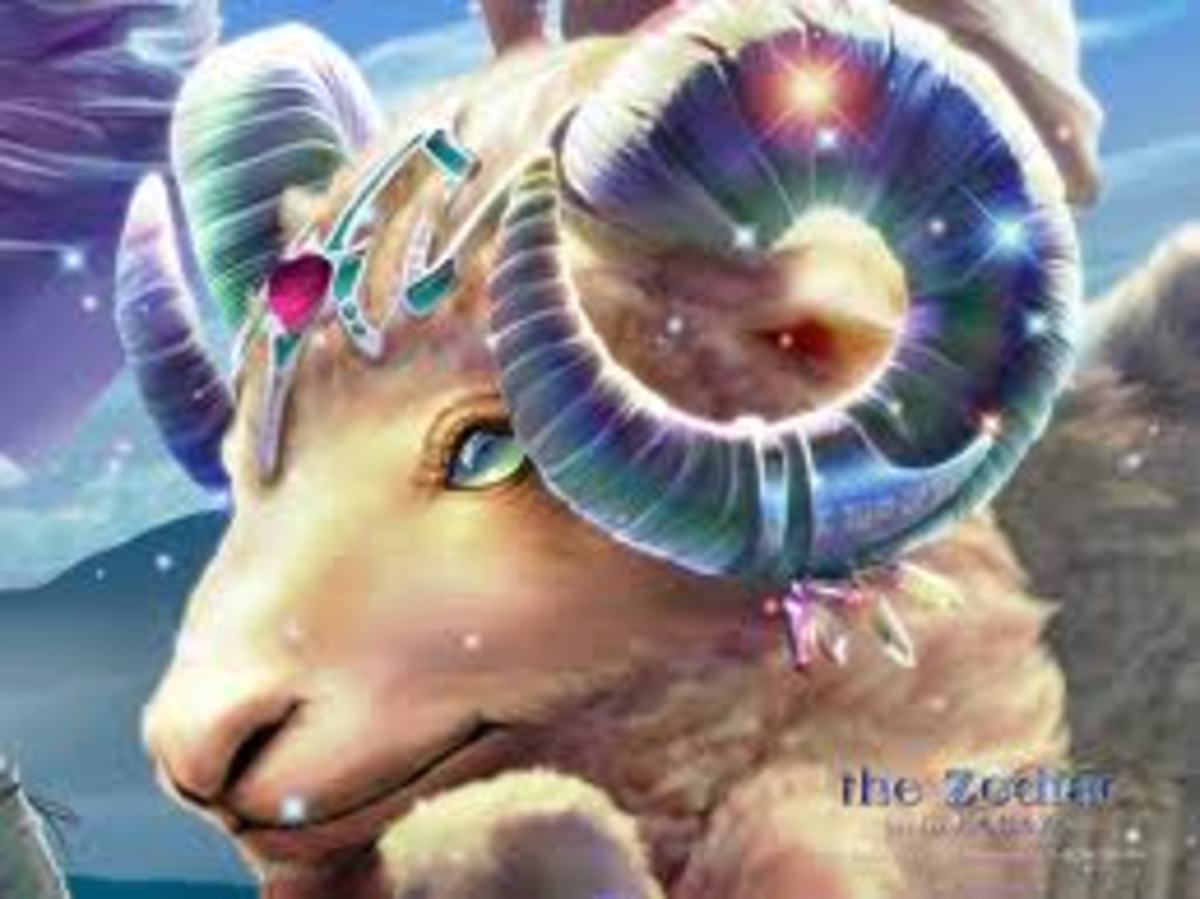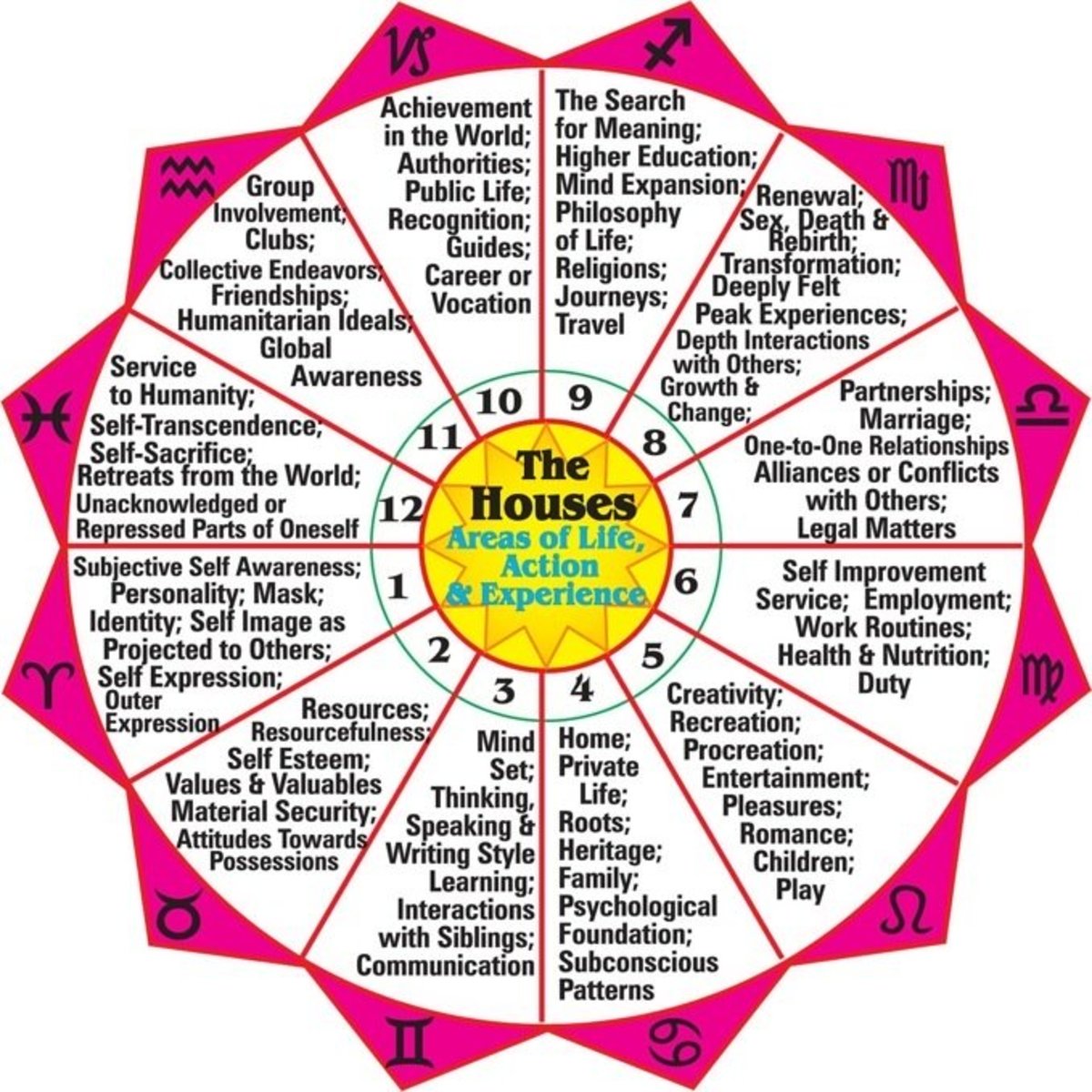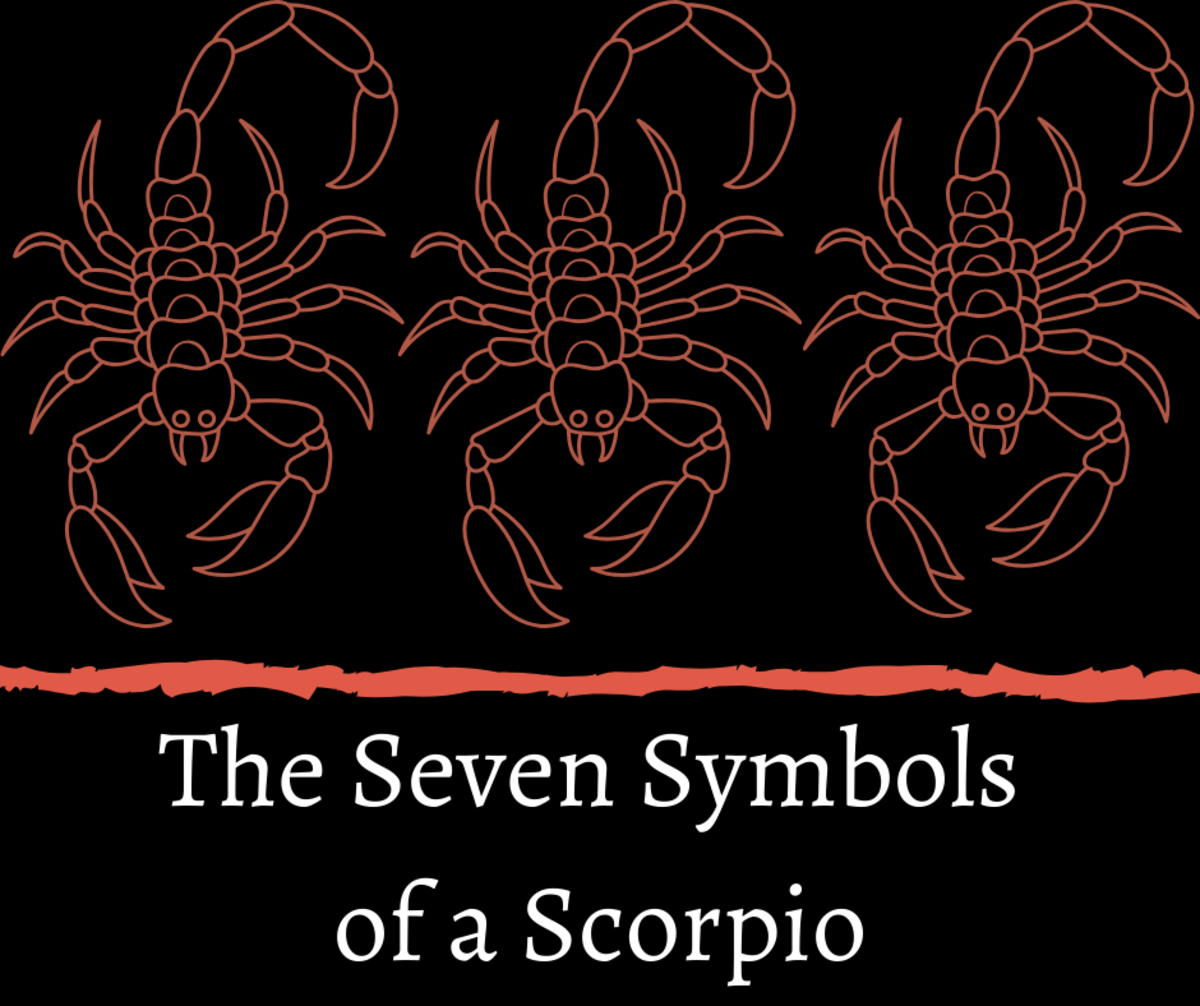Astrology: fact or fun?
In the back of a newspaper you find the horoscope printed separate from everything else. The writing, the setup, the illustrations, all of it gives it a lighthearted approach so as not to be taken too seriously. The newspaper gives the impression that astrology is not a studied subject. The internet, on the other hand, has millions of webpages dedicated to teaching people about astrology. According to search trackers, astrology is the most searched subject. There are accredited colleges teaching the study of astrology. If so inclined, someone can get a degree in astrology. Studies say a third of all Americans follow astrology. A recent poll said that 31% of Americans believed in astrology and the majority of those people are professionals. An additional 39 % of people say that astrology is scientific. With so much effort put into the study, it must be a science, right? Wrong. Scientists all agree. Astrology is officially known as a practice, a study or an art, but no longer is it called a science.
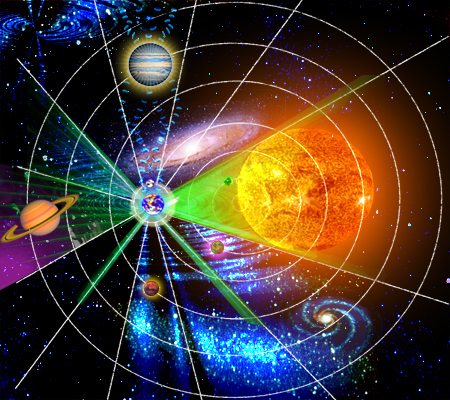
There are 12 zodiac signs. Each zodiac sign is given a daily ‘prophecy’. This prophetic tale is based off the month of a person’s birth. Through years of research, astrologists attached personal traits to generalizations which are supposed to gauge how a person’s day will go. Nowhere do the prophecies offer the details on how this information has been collected or created. Nowhere does it mention the tireless effort that people put into the study. There is no mention of the millennium worth of history and research that goes into the predictions on the page. There is a very good debate about whether the words on the page hold any validity. Millions of astrologers and laymen would call what they do a science, but just as many scientists would disagree. So then, the question remains: Is astrology a science? It would depend on who you ask.
The horoscope is created from the millennium old practice of astrology. There are a lot of different variations, but we are most familiar with the western zodiac. The western is 12 signs named after different constellations that appear in the sky during specific times of the year. The constellations go way back into history, and as most things do, they have roots in the ancient Roman time. The romans gave a lot of credence to astrology and used it as a science as well as a reliable source for future telling. Back in that time, astrology was, by definition, the science of the stars. It was considered just as real of a science as physics is now. Scientists will generally agree that astrology was useful in day to day transactions. They will agree that the study of astrology led to a lot of present day facts in the scientific community. The study is even the basis for a lot of words we use today like influenza and lunatic. Astrology helped shape the way we now view the cosmos, our solar system, and the universe. However, that was a long time ago. The scientific community decided to separate the science from the assumptions and pulled the useful facts from astrology. Astrology quickly lost all of its scientific background and credibility. Astrology became less respected, and moved from the history books to the back section of the newspaper.

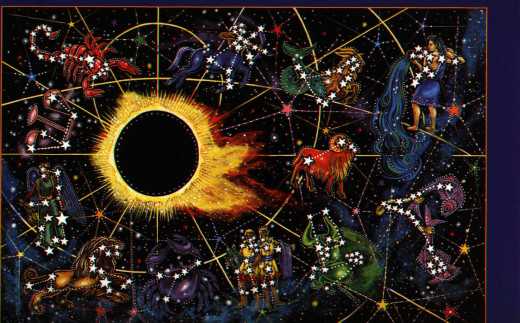
The dictionary supports this separation as it offers different definitions. One definition says that astrology is the science of the stars, but at the end of that definition it says that it is obsolete. Then, it offers a more up to date definition as more of a practice, or a study of the influence of the universe on human affairs. The dictionary has very carefully chosen words because, despite the feelings of astrologers, scientists say that astrology cannot be considered a science. There are several obstacles to proving astrology as a science. Scientists are open to receiving proven facts to validate astrology. A lot of people do take the history into consideration, but the history does not reveal the proof needed to make astrology more than just a practice or an art. Even so, astrologers have a lot to say and the arguments for astrologers are compelling.
Astrology has been used for a very long time. An astrologer used to be consulted for everything from a headache to a dispute between people. The ancients noticed the placement of the universal bodies during important times on earth and they began to make uncanny connections between the stars and daily life. Astrology was and sometimes still is used to predict everything from natural disasters to the attitudes of people from day to day. Nostradamus is one of the most famous astrologers and he is accredited with predicting everything from the World wars to President Bush’s election.
Astrologers argue that a lot of people are unaware of the complex nature of astrology. It does not rely on just a sun sign for daily amusement. Astrology relies on every aspect of the surrounding planets and stars to predict events. The most commonly used and abused are the sun signs. However, according to the astrological greats, each person has hundreds of signs that affect each person, their surroundings and the world around them. There is the sun sign that most people are familiar with, but it’s a generalization. Since it is easy to generalize the sun signs the predictions aren’t as accurate. By just reading and learning about that part of astrology people are missing a lot of important information. The moon sign is much more accurate when dealing with specific traits. The rising, or ascending sign is found by calculating the geographical location of a person’s birth. This will help offer insight into a person’s future and the placement of the planets at the time of a person’s birth. These same signs can also be looked upon to discover things about an important event such as harvest or a natural disaster. The signs are an interesting study, but the real question lies in the discovery of the signs. What is it about them that astrologers claim makes the signs so scientific?
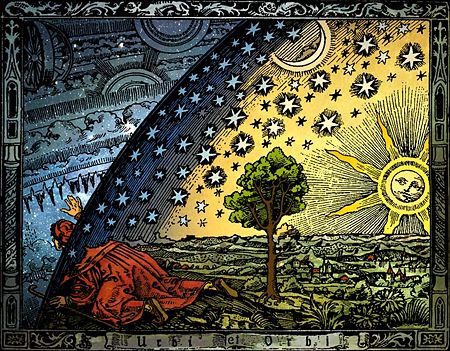
Astrologers have many claims that are backed up by science. First of which is in the very definition of science. The definition is: “systematic knowledge of the physical or material world gained through observation and experimentation” according to the online dictionary. With that definition astrology would be scientific. The history and effort put forth by the ancients would appear to be the systematic knowledge. Historians have found records of Astrology that predate any records of religion. Long ago, instead of recording conversations with their gods, people were recording observations of the stars. The human fascination with the stars is clear, but in that long term fascination, we have made a great deal of discoveries.
The astrologers argue further that there is a clear force that affects the planet as the surrounding bodies move. The argument is backed by science, and it says that as the planets align and move magnetism connects throughout them. This magnetism exists and causes strange behaviors in people and the planet. The magnetism has been attributed to stores, tsunami, and other natural disasters. Scientists have proven that the moon has a significant effect on the earth. Astrologers follow that claim and introduce the idea that the moon has the same effect on life. The moon causes our ocean tides to be tumultuous or serene. How could it neglect to affect the living creatures if the majority of life is made up of mostly water? Statistics also back up the fact that a full moon can cause unusual behavior. Police reports increase during those specific times and more car accidents, arrests and domestic disagreements happen.
The moon is not the only scientific ally of astrologers. The zodiac signs have been very reliable in predicting weather patterns and allowed the people a time allotment of when the best time to plant crops was. The constellations which are the basis of the 12 zodiac signs, are recognizable and in the sky around the same times that the weather patterns change. Astrology requires a great amount of math and a significant understanding of the stars. That would be the main claim of astrologers and it is certainly true. There are a lot of complex equations and knowledgeable star gazing that needs to be done in order to get an accurate prediction. In addition to the knowledge of the stars and mathematics, a person would have to be skilled in geographical arrangements. There is a practice called astrocartography which is needed in finding the rising or ascending signs. The geographical knowledge, as mentioned previously, is important to measure the placement of the planets. This understanding of location or, astrocartography, boasts the ability to tell the exact location a person would be the most successful and happy. This study is also supposed to predict the best place to plant and a whole host of other important things. All of this is done with a significant amount of geographical, mathematical knowledge.
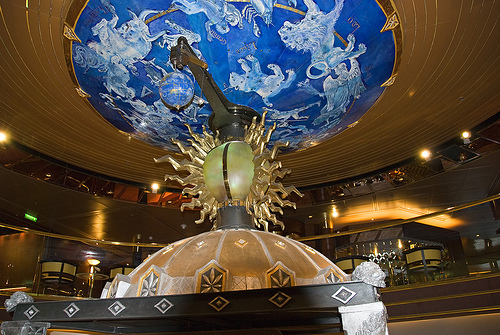
Scientists and the scientific community have a rebuttal for all of the astrologer’s arguments. They do not dispute that astrology has long held an important place in the world. They also do not deny that astrology has made a lot of accurate predictions in weather and history. However, the scientific community ceases all agreement after that. They argue that the current state of astrology lacks in proof and the facts needed to accurately predict anything.
Astrology can be traced back to the second millennium B.C.E. The record of astrology predates religion. Traditionally astrology was a regular practice of people who were outside of the mainstream society. They used astrology because they had no easy access to medical care or educational institutes. As a result, they used the information handed down by previous generations. This is not to say that the study is not good, it is to prove that it has been around just like religion and religion is not considered a science either. Astrology appears as an additional element that tries to answer the unanswerable, but with scientific advances it is harder and harder to find unanswerable questions.
The problem lies in the proof. Scientists would be willing to accept astrology as a science if there was a way to get proof. Unfortunately, there is no humane way to get the needed proof. Since astrology boasts that our birth place, time and hour define our personality and future, there would have to be a control for science to measure the claim. Someone would have to be born in a secluded area. This person would have to be kept from all human contact or stimuli so that scientists can monitor and verify the claims of how astrology would make this person be. Not only would this be cruel, but it would also change the path of the test person. According to astrologers, experiencing stimuli is part of the prediction and can bring the person to follow the predicted path created by astrology. It would seem that science cannot figure out how to definitively prove astrology. There is no way to prove that the heavenly bodies effect or influence human affairs. The science community can however find genes that create personality developments. They can also find personality forming because of the development in different parts of the brain. They say that a person is created at conception and not at birth, but it would be hard for astrologers to set the exact date of conception so astrology would be inaccurate.
Another important point that astrologers neglect to address is the force created by celestial bodies that are not planets. If the moon can affect human behavior, then what do asteroids and stars do? Also, why is the rotation of the sun neglected in the predictions since the sun is one of the most important celestial bodies? Finally, what do astrologers have to say about the change of shape and magnetism of our planet and the surrounding planet? There is nothing in astrology to add the change in force that comes with the fact that the axis on the earth has moved. According to a recent scientific study, the earth’s change would have created a change of the visibility of the constellations meaning that our signs have changed. Astrology is not up to date with their facts.
Do you believe astrology is useful or just for fun?
This author tends to believe that even though astrology is very influential, it cannot technically be called a science due to the lack of concrete evidence. It may be true that astrology may have the ability to predict the influence on people, but we would need absolute proof that it can do that. The astrology argument is as old and widely debated as the ‘nature versus nurture’ debate. It is a very similar debate as it poses the question; ‘are we born to act a certain way, or is it something that is developed over time and environment? Astrology poses the question, because we were born at a specific time, in a specific place, we are going to be a certain way. This author’s family has been taught, since birth that astrology holds power. After years of learning and personal research, the pull of personal choice and experience is too strong. Although, there may be a lot of accurate predictions, astrology cannot be relied upon as an answer all. Its unreliability in all answers will make astrology unreliable as a science.
In conclusion, astrology is many things to many people. To some, it is a daily forecast to which a person can plan regular activities. To some, it is fun to use and understand. And, to others it is a decades old farce. No matter what it is to any one person, no one can deny that it carries with it a millennium worth of history. Astrology has a rich history that spans across all cultural groups in various forms. However, the question still remains: Is it a science? There are too many variables and no systematic way to prove astrology without unfortunate consequences. Can our personality, the thing that makes us different from everyone else, is based in the stars? Or, are thousands of years of observation and practice scientific enough to be a science? As this essay points out, even though there are a lot of good arguments, there is no good way to prove astrology as more than a practice. The scientific community is willing to accept any new claims, so astrology may not always be a practice. For now though, it will have to remain a practice, an art or a study, but not a science.

